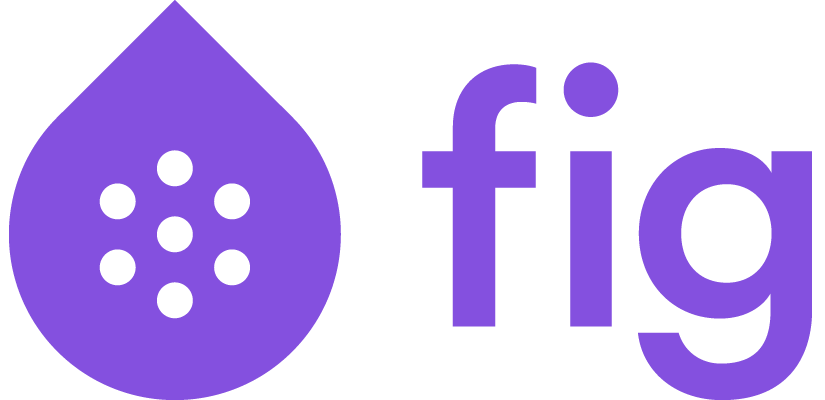In a report from Gamesindustry.biz, indie game crowdfunding company Fig has been acquired by Republic, a similar startup service.
"We are committed to bringing the best investment opportunities to our investor base and the games space is one of them," says Chuck Pettid, Republic's CEO. "Historically, the video game industry has proven itself more resilient against economic downturns and that makes it even more desirable for investors. In time we will also bring other verticals to Republic and hopefully from founders just as passionate as Fig's."
The desire for Republic to acquire Fig partly came from their users requesting video game investment as a new area for the company. With the acquisition, Republic will continue to keep Fig's community publishing platform and enhance it thanks to Republic's resources. Additionally, Fig will remain open to any independent developer regardless of their size.
"Most private investments take seven to ten years for investors to get meaningful returns," continues Pettid. "Fig has accelerated that outcome and even boasts three straight years of positive returns for investors. There is not another crowdfunding platform in the world that can say that."
John Bailey, Fig's CEO, says that with the acquisition, Fig will set out to focus on diversity and finding projects from other creators. "The plan is to find projects from underserved founders because our industry desperately needs more diversity," says Bailey." Additionally, Bailey says their new relationship with Fig starts a new chapter for them which also includes more games, investors, and greater returns on projects than they've ever seen.
Fig was founded in 2015 with a focus on building a community with their funding process. What's even better is depending on how much you pledge to a project, you'll earn more money based on how well the game did. Among the titles Fig have funded are Doublefine's Psychonauts 2, Pillars of Eternity II: Deadfire, and Wasteland 3.
"In the past few years, the tech and video game industry has pushed the diversity message, but not enough is being done," says Pettid. "We will look for great games, from both big and small developers, to work with and those games will come from founders and teams that represent our world."

